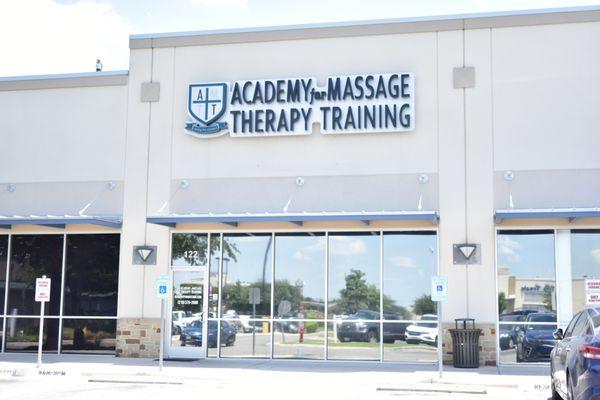Are you considering a career in massage therapy? Enrolling in a reputable school of massage therapy is the first step toward achieving your professional goals. However, before you dive into this exciting field, it’s essential to consider several factors to ensure you make an informed decision. Here are seven key considerations to ponder before committing to a massage therapy program.
Curriculum and Specializations
Evaluate the curriculum offered by each massage therapy school to determine if it aligns with your career goals and interests. Look for programs that cover a wide range of massage techniques, anatomy and physiology, pathology, ethics, and business practices. Additionally, consider whether the school offers specialized training in areas such as sports massage, prenatal massage, or aromatherapy, depending on your desired niche within the field.
Faculty Qualifications and Experience
The expertise of the faculty members can significantly impact the quality of your education. Research the qualifications and experience of the instructors at each school you’re considering. Look for instructors who are licensed massage therapists with extensive experience in the field and a passion for teaching. Their knowledge and guidance will play a crucial role in shaping your skills as a massage therapist.
Hands-On Training and Clinical Experience
Massage therapy is a hands-on profession, so it’s essential to choose a school that emphasizes practical training and clinical experience. Look for programs that offer ample opportunities for hands-on practice under the supervision of experienced instructors. Clinical internships or externships can provide valuable real-world experience and help you build confidence in your abilities before entering the workforce.
Student Support Services
Consider the support services available to students, such as academic advising, career counseling, and tutoring. A supportive learning environment can contribute to your success in the program and beyond. Additionally, inquire about job placement assistance offered by the school to help you secure employment upon graduation.
Cost and Financial Aid Options
Compare the tuition costs of different massage therapy programs and consider your financial situation. Keep in mind that the cheapest option may not always be the best value, so weigh the cost against factors like curriculum quality and student support services. Research financial aid options such as scholarships, grants, and loans to help finance your education.
School Reputation and Alumni Success
Research the reputation of each massage therapy school and inquire about its alumni network and success stories. Look for schools with a track record of producing skilled and successful massage therapists who are well-respected in the industry. Alumni networking opportunities and job placement rates can provide insight into the school’s reputation and the career prospects for graduates.
Regulatory Compliance and Safety Measures
Ensure that the massage therapy school adheres to regulatory requirements and maintains a safe learning environment. Verify that the school follows proper hygiene and sanitation practices, including the use of clean equipment and linens. Additionally, inquire about the school’s policies and procedures for maintaining client confidentiality and handling medical emergencies. A commitment to regulatory compliance and safety demonstrates the school’s dedication to professionalism and client care, essential traits for aspiring massage therapists to embody.
In conclusion, choosing the right massage therapy school is a crucial decision that requires careful consideration of various factors. By evaluating curriculum, faculty qualifications, hands-on training, student support services, cost, and school reputation, you can make an informed choice that sets you on the path to a rewarding career in massage therapy. Enrol in the most reputed school for massage therapy, the Academy For Massage Therapy Training, and choose a program that aligns with your goals and aspirations.

